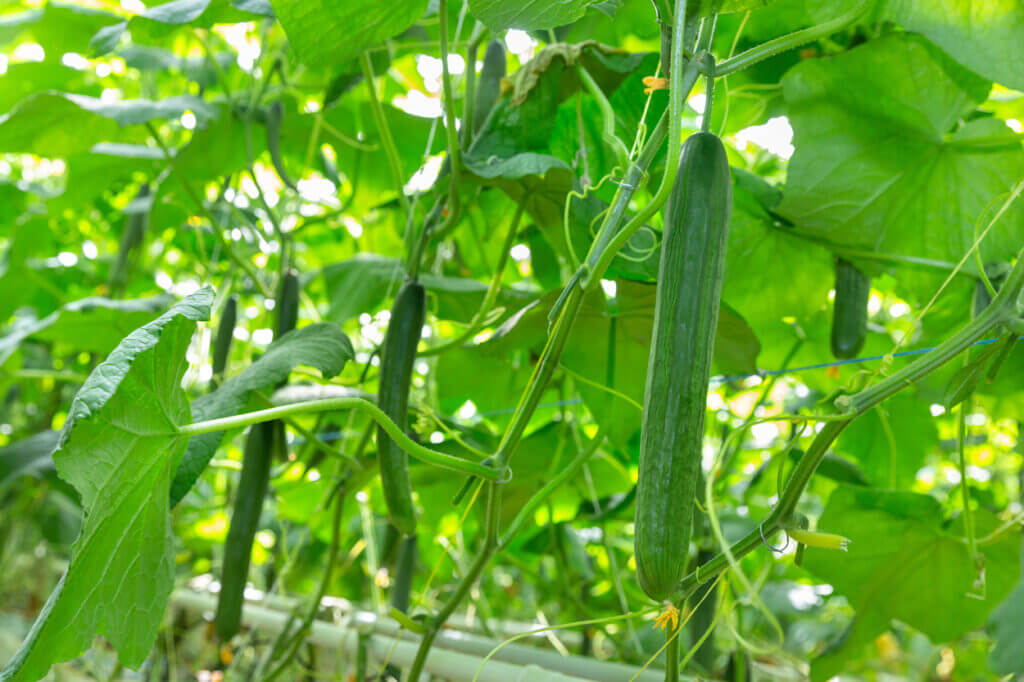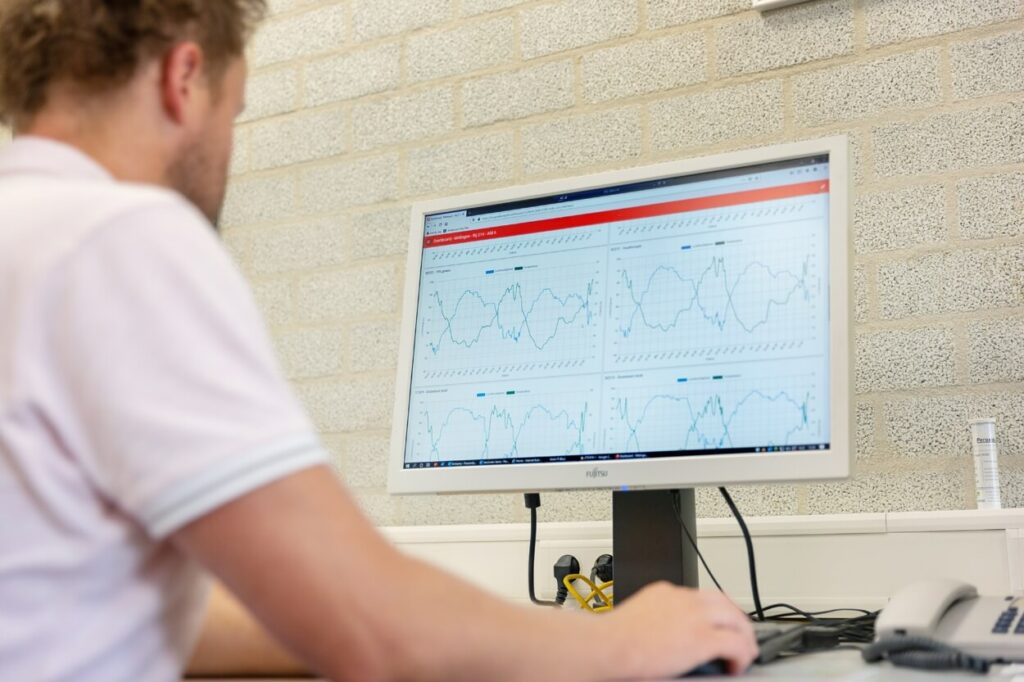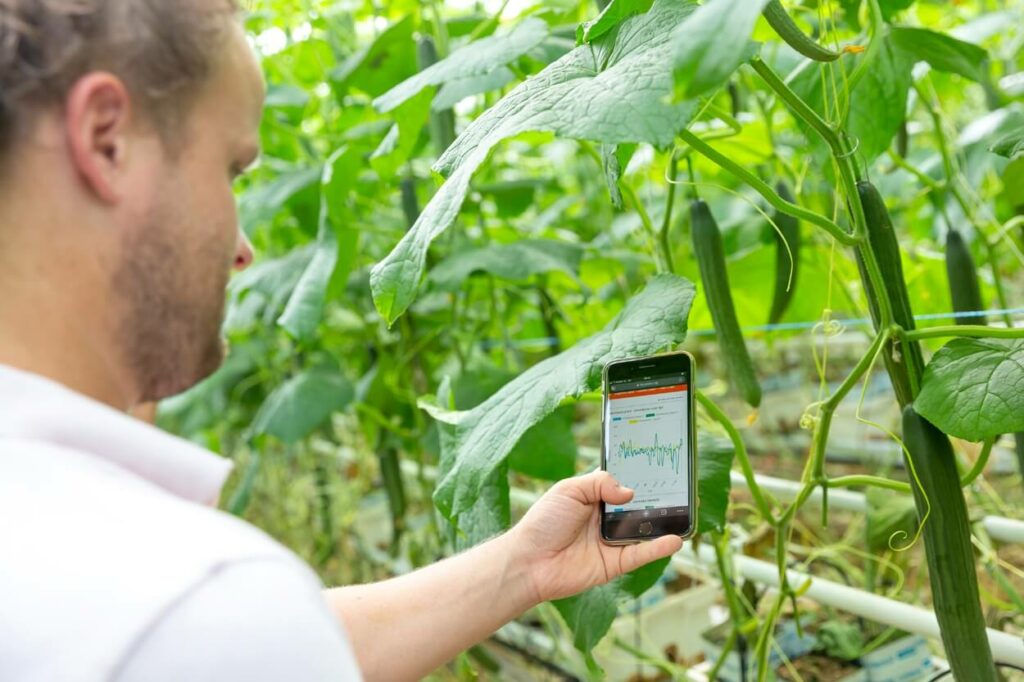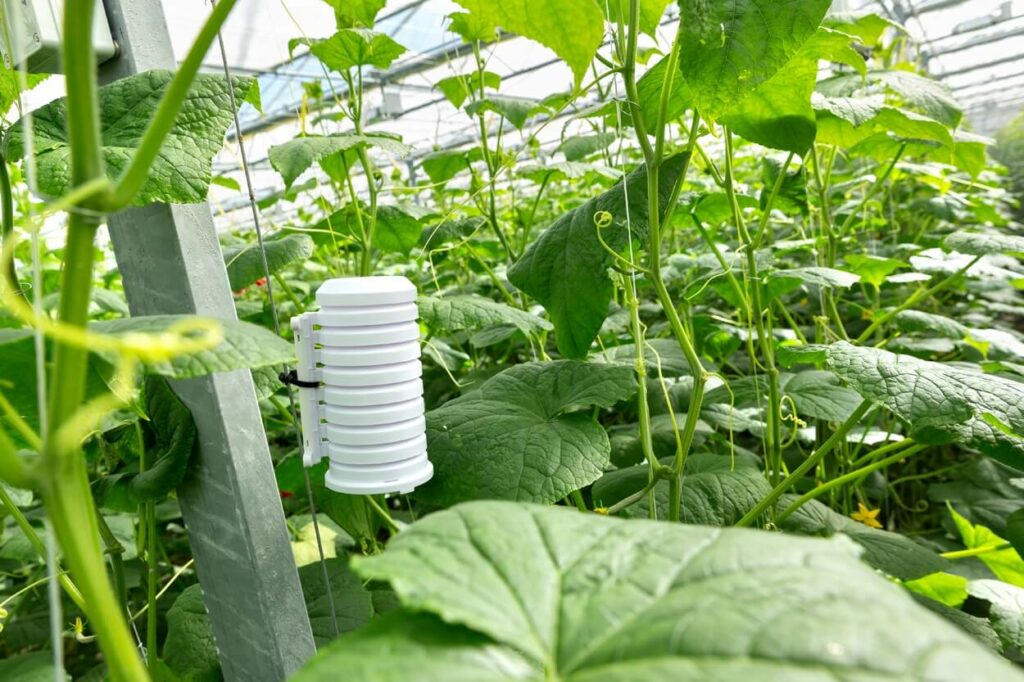Boy Jacobs is 29 years old and, as the third generation, is the natural successor to father Chris Jacobs, who in turn took over the cucumber growing business from his father Jan in the 1980s. Where Chris Jacobs grew the business into what it is today, son Boy is exploring side roads with his company SiTestas. His goal: a sustainable chain, from producer to consumer. Besides being responsible for growing the company, Boy is involved in innovation within the agrifood sector.
A sector in which he sees both problems and opportunities. Opportunities that he believes are not being seized or are being seized by the wrong parties. High time to get to know him better.
What is it like to be a grower anno 2020?
“I think as a horticulturist anno 2020, you have to have an eye for strategy, tactics and innovation. Now the emphasis is mainly on cost-driven production. In the Netherlands, growers mainly focus on cutting costs with the aim of being the cheapest. But why don’t we set our sights more on adding value to our high-quality crop? Of course, the chain is currently set up in such a way that this focus is largely imposed. It is therefore to be hoped that this will change in the future and that companies in the chain will have an eye for the entire ecosystem as well as the primary sector. Companies that are not just guided by profits and want to invest some back.”


What do you think are the biggest challenges for growers right now?
“The sector lacks appeal. People have no appetite for low-skilled, monotonous work that goes on 24/7. This applies not only to Dutch people, but also to migrant workers from Poland, for example. The image of the sector is not that positive and you just see that people have a different mentality than ten or 20 years ago. The will to work is different nowadays than it was then. It is therefore very important to do something about this image, but as the sector is quite fragmented, it is difficult to arrive at an equal vision.
As far as I am concerned, the sector is lagging behind other industries. We no longer all live like farmers on clogs, but this image apparently still exists. This is also down to ourselves, because although a lot is happening in terms of high-tech, this is not well communicated. Our sector is one of the nine top sectors of the Netherlands. We could be more proud of that. Of course, we have to do something about it ourselves, but that cannot be done without financial resources and a healthy relationship with the rest of the chain.” Translated with www.DeepL.com/Translator (free version)
What do you think are the key innovations within the sector that will impact on these challenges?
“Big-data and robotics; Robotics to cut costs and realise ‘hands-on’ jobs. Human staff will never disappear, but less accepted work can be solved this way. I prefer to work with as many people as possible, but if there is no supply then we have to look for alternatives.
With big-data, it is possible to get more and better insights into your own business. Data is broadly applicable, from strategy to tactics. It therefore remains important to keep a close eye on business opportunities.”
DATA CAN OFFER TREMENDOUSLY GOOD INSIGHTS TO MAKE THE NATURAL PROCESS MORE CONTROLLABLE.
After all, what specific role does data play within cucumber cultivation?
“Data is available everywhere and we have been using it for a long time. Horticulture was one of the first industries to use sensors. As early as 1980, my father had a computer that could control various sensors. A lot of data is therefore available, but how do you convert data into information and how do you then value that information? Both internally and externally? Currently, the focus is mainly on the short term: what can data do for me?”
“External valuation is also possible, but then better arrangements need to be made. A good example is blockchain. Large parties like Albert Heijn say they want to use blockchain, but they mainly want to know everything from the primary sector. We are happy to provide this openness, but then they must also be transparent towards growers. There is a lot of information from the chain that is valuable, especially with the increase in online shopping. Unfortunately, they don’t provide openness themselves, so supply and demand are not in balance. As long as there is no dialogue, problems will not be solved by the chain.”
In what ways do you use data yourself and how do you contribute to it?
“Data is very important to us, but you have to be able to rely on that data first. With Yookr, we are taking a step in the right direction with this. We collect quite a lot of information, but it is still difficult to manage this properly. By continuing to cross-check data and by continuing to work together with Yookr on the development of the software, we are making progress.”

Why did you ever choose to partner with Yookr?
“We like to cooperate with parties in the region. During our survey, we also came across some competitors, but they were further away. After the first conversation with John, Yookr’s vision in particular appealed to me. You notice that John himself comes from the primary sector and that Yookr really wants to mean something for our sector. Too often we encounter startups that are only out for their own profit and don’t want to give something back to the sector. You see this especially with startups that live off external funding. They need to work quickly towards profit.
I also really like the interest and commitment shown. Yookr itself sits at the table with the growers to start discussions and pick up ideas. This way, the product is really developed together and our ideas are translated into the platform.”
BY CONTINUING TO CROSS-CHECK DATA AND BY CONTINUING TO WORK WITH YOOKR TO DEVELOP THE SOFTWARE, WE KEEP GETTING A STEP FURTHER.

Finally, what message would ij like to pass on to fellow growers?
“Data can offer tremendously good insights to make the natural process more controllable. We are still dealing with a natural product, but we are trying to take a more factory-like approach. By achieving as high a quality production as possible, by optimising processes and reducing costs. Our data and Yookr’s technology can contribute to that.
In addition, I also think we need to be much more positive about our sector. We need to be open to show what we are doing. Finally, I hope that one day we will be considered a full partner within the chain. It is time for a good, structural dialogue so that everyone can work with fair margins.”
